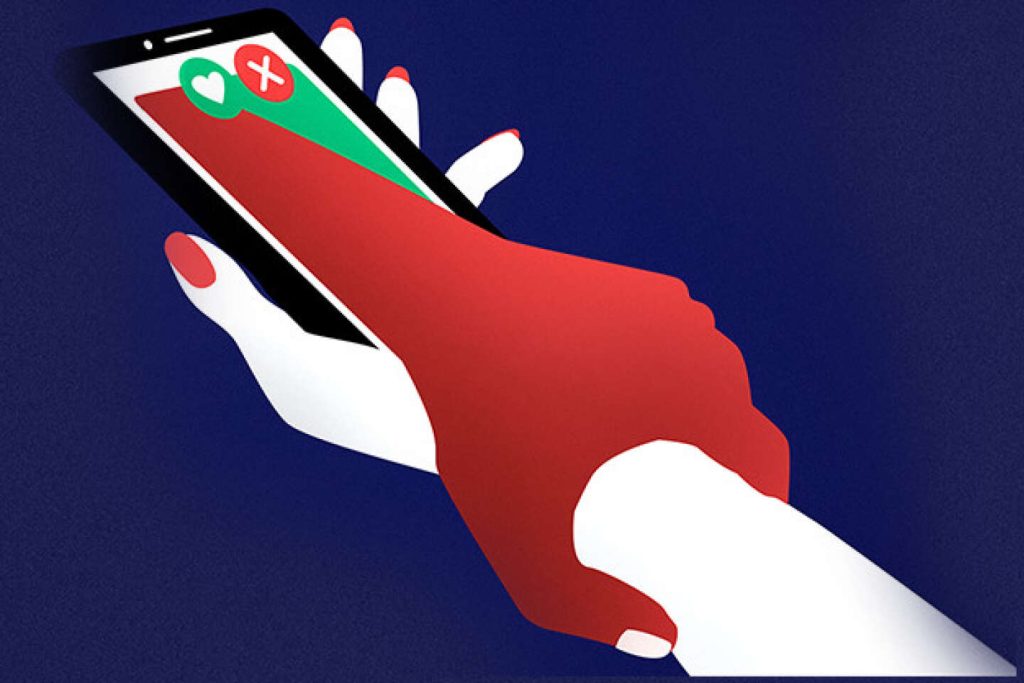Salim Berrada has been defined during his two-week trial as a “cad,” a “selfish,” an “arrogant,” a “jerk,” a “manipulator” with a behavior “worse than immoral: abject.” In the eyes of the law, Salim Berrada is now a rapist. The criminal court of Paris sentenced this former fashion photographer to eighteen years in prison – with a two-thirds security period – for twelve rapes and three sexual assaults committed between 2014 and 2016 in his studio in the 20th arrondissement of Paris, on young women who had gone to him thinking they were there for a photo shoot. Many of them believe they were drugged without their knowledge. Salim Berrada faced a maximum of twenty years. Nineteen had been requested.
An additional rape and sexual assault were attributed to the 38-year-old defendant, concerning two young women who never appeared in court, and for which, due to insufficient evidence, he was acquitted. Salim Berrada, of Moroccan nationality, was also given a permanent ban from French territory. After the court president, Thierry Fusina, ended the hearing, emotional “thank you’s!” and applause erupted from the benches of the civil parties. A few of the young women who had been through the trial stayed to hear the verdict, holding each other’s hands and shoulders. They burst into tears at their rapist’s sentence, before displaying wide smiles and embracing each other. These young women did not know each other at the start of the trial; a bond had formed between them day after day. Some of them went to thank the attorney general, Philippe Courroye. Others promised out loud: “Of course, we’ll be there if he appeals” – the defendant has ten days to appeal.
Three meters away from these displays of joy and relief, Salim Berrada remained impassive and did not seem particularly overwhelmed by his fate. He was even seen joking with his lawyers once the sentence was pronounced, as if the “bunker of his lies” – a term used by the attorney general – in which he had locked himself throughout the entire procedure and hearing, also protected him from the shock of the verdict. The president of the court justified the decision, citing the “extreme seriousness of the facts,” their “serial nature” with a “particularly elaborate modus operandi,” their “multiplication in an increasingly short time,” and the “significance of the moral damages suffered by the victims, despite the many years that have passed.”















